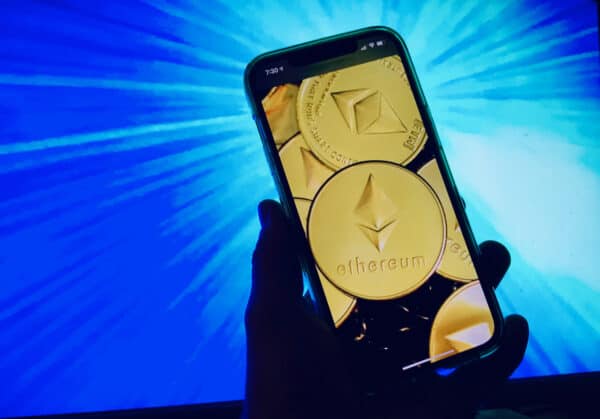 Will a new competitor to Ethereum emerge, or will the acknowledged Web 2.0 winner dominate the DeFi space for years to come?
Will a new competitor to Ethereum emerge, or will the acknowledged Web 2.0 winner dominate the DeFi space for years to come?
It’s an interesting question for several reasons. One is that the DeFi space is still early in its evolution. Sometimes early mover advantage cements market position but sometimes it doesn’t. It is entirely possible a completely new blockchain system is already being developed that somehow anticipates where the market is headed and addresses several unmet needs as it makes itself indispensable.
In the near- and medium-term, a growing number of industry figures believe Ethereum will maintain its dominant position. One person holding that view is Noelle Acheson, the head of Market Insights at Genesis, a digital prime brokerage. She was previously a managing director of research at CoinDesk.
As Ethereum is used more frequently, that has led to increases costs, and when costs go up, it’s natural to look for cheaper alternatives, which some term “Ethereum Killers”, Acheson said. Such platforms offer such benefits as higher throughput, faster settlements, and lower fees.
Perhaps they are not that different from Ethereum, Acheson suggested.
“While some of these, such as Solana and Avalanche, are seeing strong activity and soaring token prices, they are not so much Ethereum competitors as Ethereum complements,” she believes. “Each offers the user advantages such as speed and cost savings, and some are gaining significant traction with users. Solana, for example, has traded almost $39 million of NFTs over the past seven days, according to Solanalysis. The network has over $11 billion in value locked in smart contracts, more than double what it had a week ago, according to DeFi Llama.
However, none have the breadth of the Ethereum ecosystem. What’s more, recent developments hint that Ethereum will be able to maintain its lead as scaling solutions are rolled out.”
Acheson cited Arbitrum, a layer 2 solution as one example. It executes transactions off the main chain, thereby avoiding higher fees and slower settlements, but it periodically settles to benefit from Ethereum’s blockchain security.
“It launched less than two weeks ago, and already has over $1.5 billion-worth of value locked in smart contracts on the platform,” Acheson said of Arbitrum. “Other layer 2 solutions are gearing up to launch in the coming weeks.”
Acheson said dApps hold enormous potential and the industry will become stronger as more developers come in. It won’t however, follow a typical pattern of various competitors emerging to outdo each other.
“Blockchain is not, unlike other network technologies, about winner-takes-all, something the ‘Ethereum killer’ conversation overlooks,” Acheson suggested. “These are relatively agile platforms that evolve according to experience and demand. It’s probable that not all will thrive, but given the development of bridges and other connective functionalities, there does not need to be one dominant solution.
“Smart contract networks can support each other, allowing the market to choose acceptable trade-offs, and leaving the deciding factor of success to the end users.”

